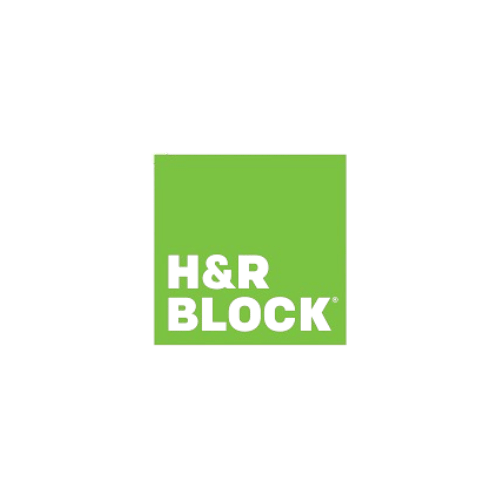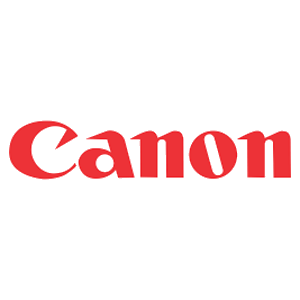Retailers looking to make smarter decisions should take inspiration from the Large Hadron Collider at Cern. Not convinced? That’s exactly what professor Michael Feindt, founder and chief scientific adviser at BlueYonder is trying to do.
"When we do predictions, how can we then form optimal decisions?" he asked the audience at WIRED Retail 2016. The answer, he explained, was to trust the data and then automate decision making. "A lot of decisions you make will never be automated. But I think in operational decisions in retail we can automate up to 99 per cent."
What should a store order? At what price? What quantity? When? All of these decisions are repeated over time. "This is usually done by hand or gut feeling, but it can be done better," said Feindt. "These are decisions that are very regular and that we have a lot of historic data about."
But what does Cern have to do with retail? The Large Hadron Collider generates petabytes of data per second, far more than can be processed and understood by humans. "This is mostly done by machine learning," said Feindt. "The way a PhD thesis was done 10 years ago can now be done by a program much better. So there's quite a lot of progress."
For retail, apply the same methodology: collect data, use it to make predictions, optimise and perform informed, predictive analytics. A big mistake many companies make, according to Feindt, is to only make one prediction for a future event, to only come up with one number. "Predictions aren’t just one number, that's a big, big mistake." Retailers looking to make good predictions based on data and modelling should develop probability distribution curves to get a more accurate view of the future. "There's lot of information in the uncertainty,” he said.
Founded in 2008 in Karlsruhe, Germany, BlueYonder uses Feindt's work at Cern to bring data-science thinking to retail. The firm is currently working with Otto and previous clients include Kaufland, Next, Bon Prix, Coca-Cola and Henkel.
One German supermarket chain Feindt and BlueYonder have been working with has cut meat waste by a millions of Euros per year. At near-full automation of day-to-day decision making, retailers can drive down waste and capital buying while ensuring products never go out of stock.
Updated 16.11.16, 17:58: Kaufland, Next, Bon Prix, Coca-Cola and Henkel are previous clients of BlueYonder. The company cut meat waste by several millions of Euros per year.
This article was originally published by WIRED UK






